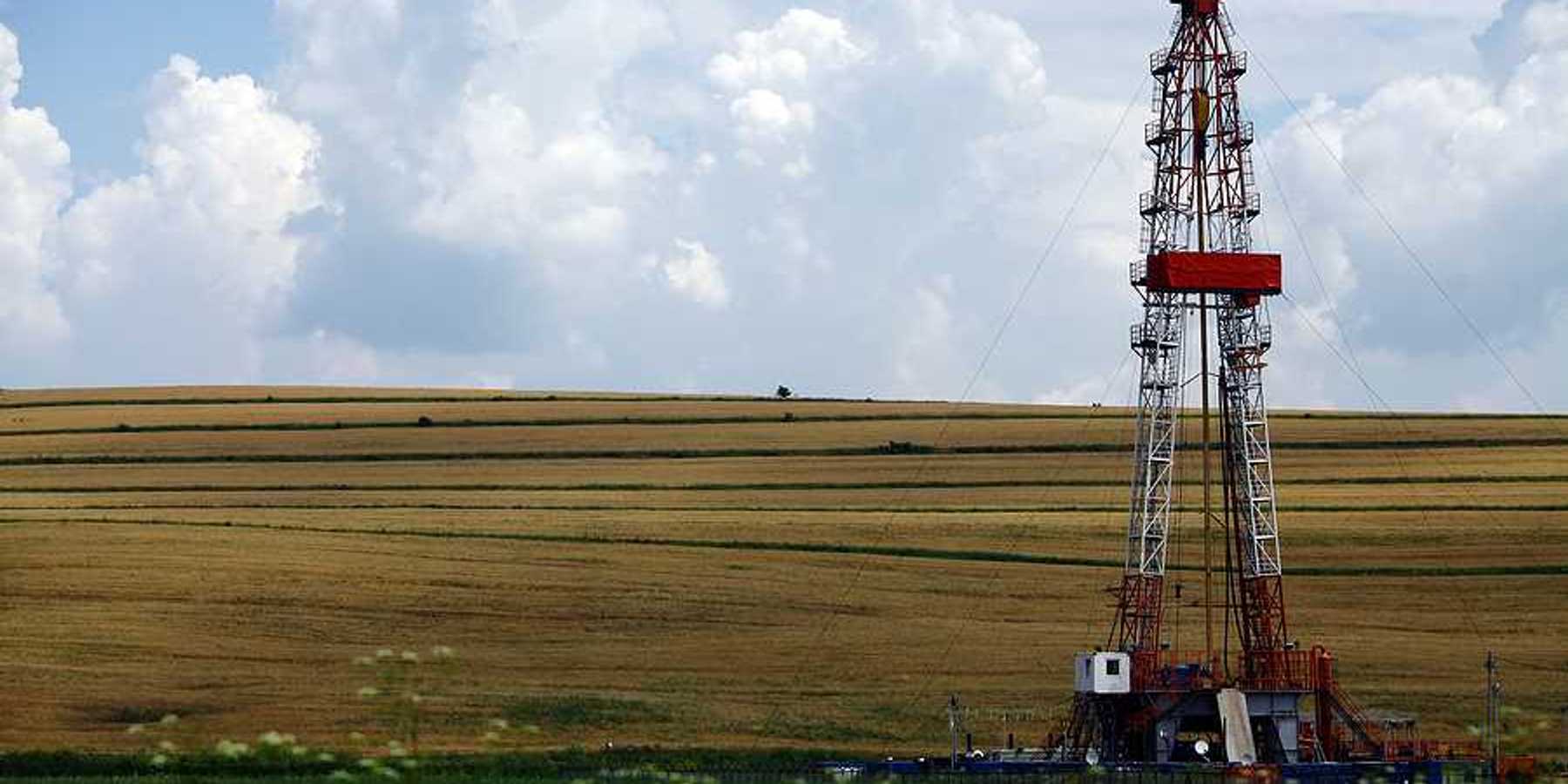Lithium batteries pose environmental threat due to toxic chemicals
New research reveals that PFAS chemicals in lithium ion batteries, essential for clean energy, are significant pollutants, impacting both environment and health.
Tom Perkins reports for The Guardian.
In short:
- A subclass of PFAS called bis-FASI, used in lithium ion batteries, has been found in the environment near manufacturing plants and in remote areas globally.
- The chemicals are toxic to living organisms, with battery waste in landfills identified as a major pollution source.
- Researchers urge better environmental risk assessments as clean energy infrastructure expands.
Key quote:
“But there’s a bit of tug-of-war between the two, and this study highlights that we have an opportunity now as we scale up this energy infrastructure to do a better job of incorporating environmental risk assessments.”
— Jennifer Guelfo, Texas Tech University researcher.
Why this matters:
These findings highlights how PFAS, used to enhance the performance and lifespan of batteries, are leaching into soil and water systems, posing significant threats to wildlife and human health. As advocates push for stricter regulations and better recycling practices, the quest for safer alternatives continues. Read more: What are PFAS? Everything you need to know about “forever chemicals” and how to avoid them.













